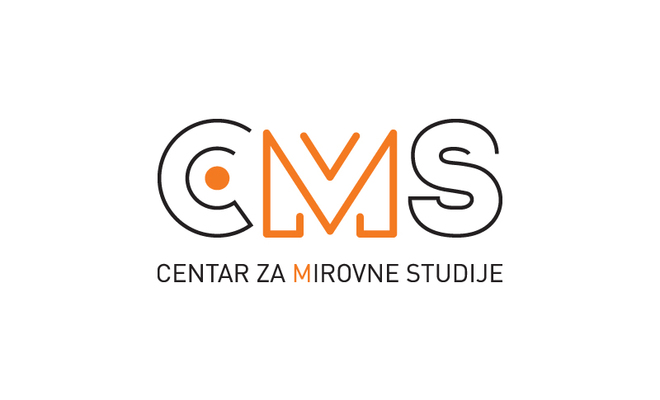Slovenian court confirms - Croatia participated in a chain pushback to Bosnia and Herzegovina

Civil initiative Info Kolpa, a key member of the Border Violence Monitoring Network, are sharing here the landmark judgement issued on 16th July 2020 by the Slovenian Administrative Court. The findings prove that the national police force carried out an illegal collective expulsion of a member of a persecuted English-speaking minority from Cameroon who wanted to apply for asylum in Slovenia.
The court heard the experience of the applicant, J.D., who was held in a Slovenian police station for two days and denied access to asylum, despite making three verbal requests. After this procedural gatekeeping, the applicant was readmitted to Croatia – under an agreement described by the Slovenian Ombudswoman as “against the European legal order”. From Croatia, J.D. was chain refouled to Bosnia-Herzegovina, a pattern analysed in a feature length report by InfoKolpa published in May 2019.
The Administrative Court found that the Republic of Slovenia violated the applicant’s right to asylum (Article 18 of the EU Charter of Fundamental Rights), the prohibition of collective expulsions (Article 19 § 1) and the principle of non-refoulement (Article 19 § 2):
“that no one shall be removed, expelled or extradited to a State in which he or she is in serious danger of being subjected to the death penalty, torture or other inhuman or degrading treatment or punishment”.
The court ruled that the police had not informed J.D. of his asylum rights, as mandated to do so, in clear breach of domestic and EU law. The pushback also breached the prohibition of collective expulsion because the applicant was not issued a removal order, nor given translation and legal aid prior to his readmission to Croatia. In regards to the chain refoulement, the judgement found “sufficiently reliable reports on possible risks from the point of view of Article 3 of the ECHR” in both Croatia where the applicant was initially removed, and also in Bosnia-Herzegovina where he was subsequently pushed back. This is inline with evidence provided by BVMN in 2019 showing that 80% of recorded pushback cases from Croatia breached law on torture or inhumane and degrading treatment.
In a groundbreaking step, once the judgment becomes final, it will oblige the Republic of Slovenia to allow the applicant to enter the country and file an application for international protection without delay, as well as provide €5,000 in compensation. Commenting on the outcome, the applicant stated:
“I know and believe that the judgement will help those that come after me. It may not have a direct solution for me, but I know that we are creating awareness and you give more trust to the law of the country.” — J. D., Bosnia, 17th July 2020
While the Ministry of Internal Affairs have stated they will appeal the judgement, the lawyer representing J.D. stated the case is a landmark because it not only proves the human rights violations suffered by the applicant, but establishes that chain pushbacks to Bosnia-Herzegovina are “systematic and routine”.
To find out more, download the extended press kit and press release here.



